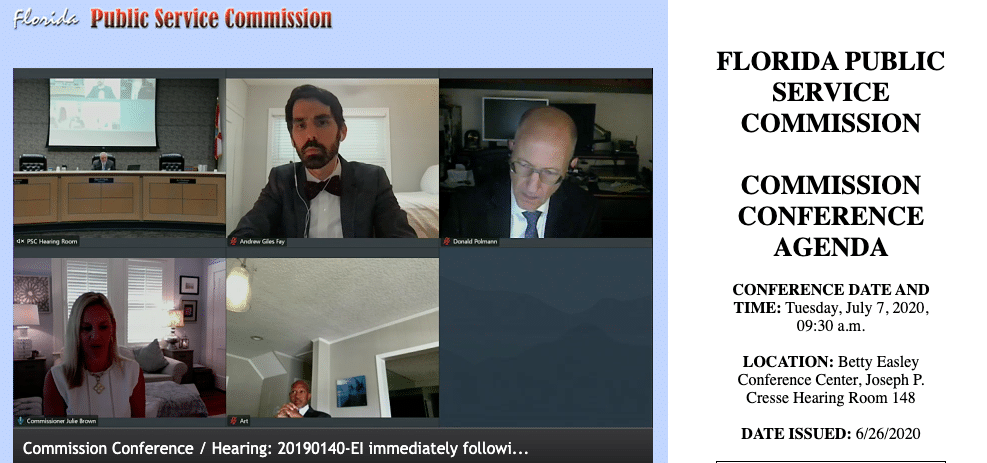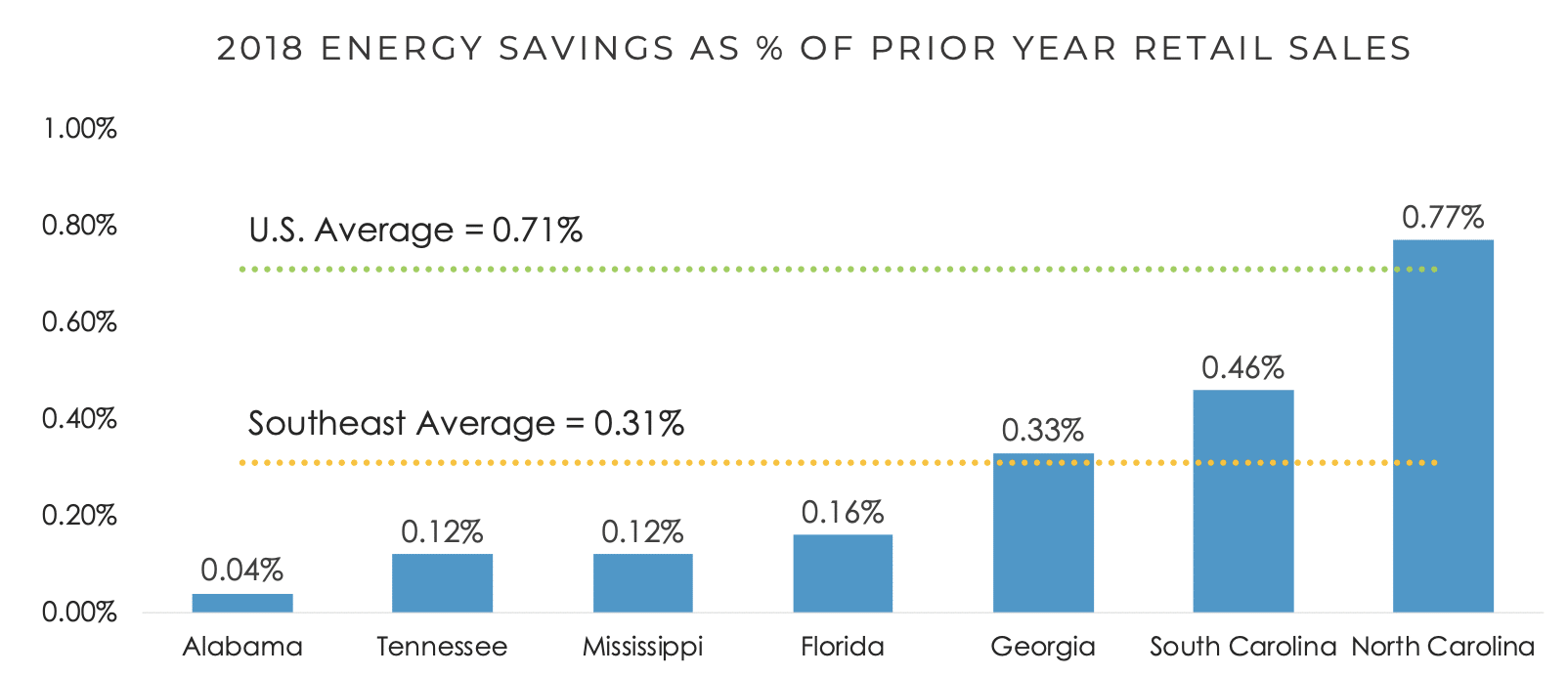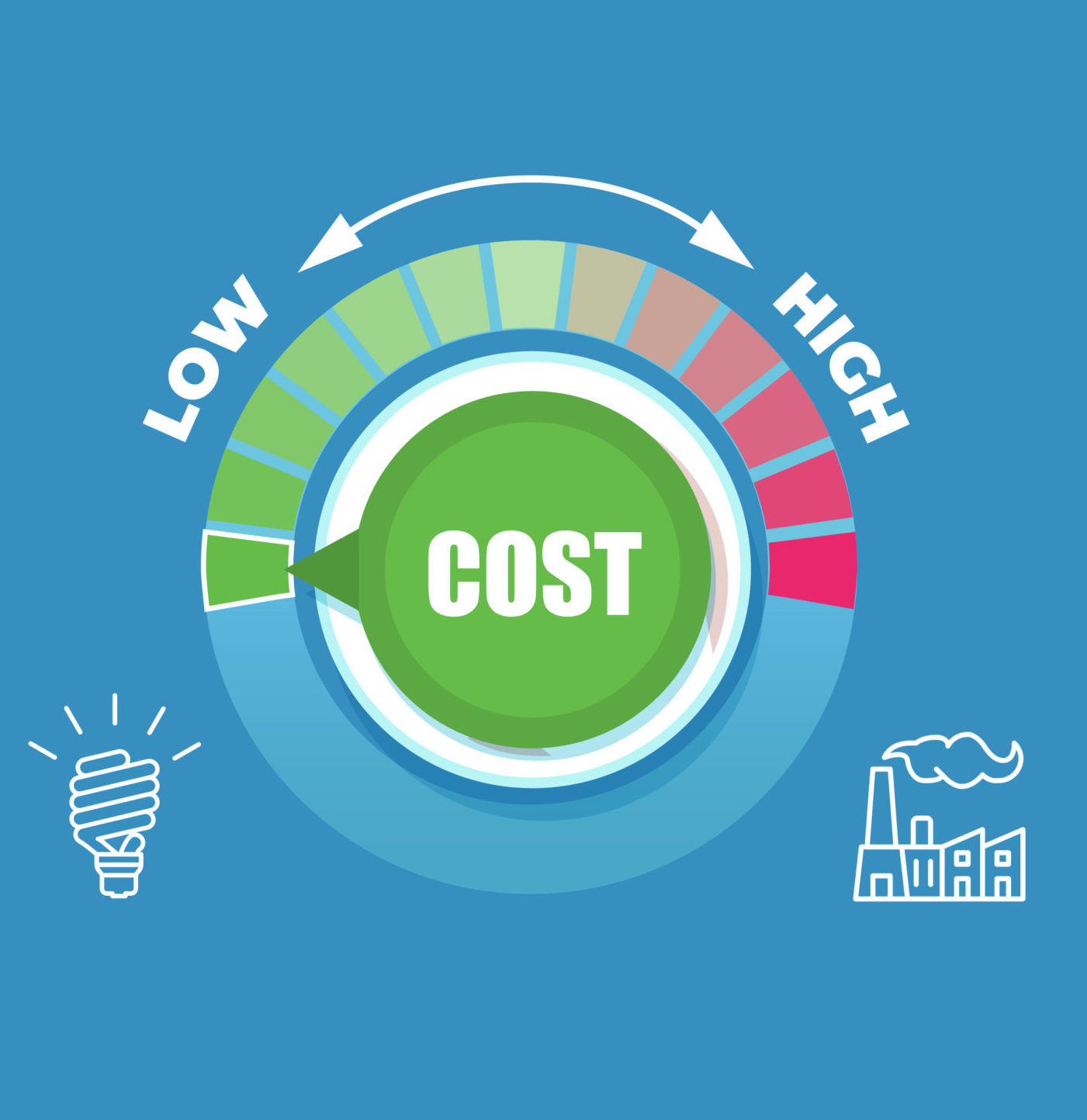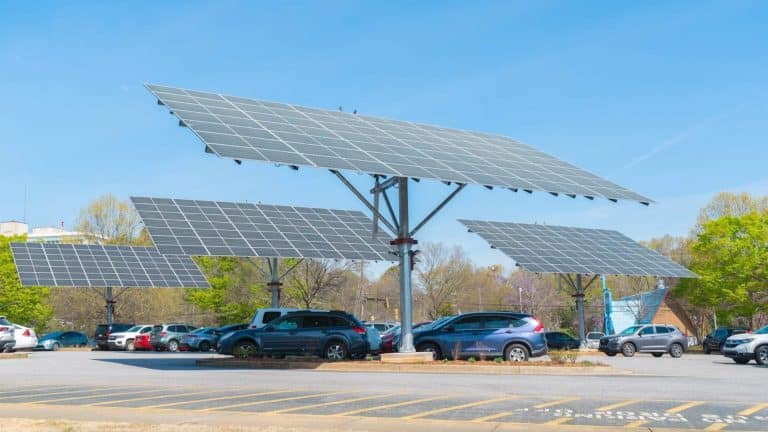
Thousands of hard-working Florida families got a reprieve July 7th when the Florida Public Service Commission (PSC) rejected its own staff’s recommendation to scale back utility energy efficiency programs. The cuts would have significantly impacted critical programs focused on our most vulnerable households.
At last week’s hearing, individual Commissioners made clear they had no interest in maintaining the status quo. Instead, they expressed a desire to see increased energy savings going forward, with new and improved efficiency programs. The Commissioners further explained this was why they also rejected a misguided push last fall by several Florida utilities to eliminate their efficiency savings targets (a position PSC staff also recommended).

We support the Commission’s decision last week, though we strongly believe Florida utilities should be delivering far more efficiency savings to their customers. As shown in our Energy Efficiency in the Southeast Report Annual Report released earlier this year, efficiency savings at Florida utilities trail far behind other Southeastern states and are less than one-quarter of the national average.
Efficiency is Needed Now More than Ever to Keep Energy Affordable
During a time of continuing economic fallout from the COVID-19 crisis, cutting energy efficiency programs is simply unacceptable, especially programs aimed at reducing unaffordable high energy bills for low-income customers. PSC Staff’s recommendation would have cut both the number of low-income households served, and the amount of energy each would save on their monthly energy bill. The needs of low-income customers have been consistently emphasized by SACE, Commissioners, and even utilities throughout numerous energy efficiency proceedings in Florida. Those needs are even greater now, while customers struggle with a painful economic downturn.

Differences Emerge on Cost-Effectiveness Testing
PSC Staff had argued that many of the new and improved efficiency programs would not be cost-effective under the Ratepayer Impact Measure (RIM) test (more on that later). But the Commission rightly noted that costs under the new plans would in fact go down for nearly all customers and that changes would be negligible for the rest.
In a remarkable turn of events, three of the four investor-owned utilities, Duke, TECO, and Gulf, filed written comments arguing against the staff’s position on cost-effectiveness and calling on the Commission to approve their proposed energy efficiency program expansions and improvements. We appreciate and are encouraged by Duke, TECO, and Gulf showing the initiative to stand up for energy efficiency at this important time.
The fact that Florida continues to sit near the bottom of national rankings on utility efficiency performance is closely tied to serious flaws in how cost-effectiveness has been evaluated in the state. During last week’s hearing, several Commissioners went out of their way to point out their concerns with using the RIM test. RIM was never intended to be a primary test for setting efficiency goals, which is why no other state in the country uses it that way.
Time to Address the Underlying Issues: A Call for New Rulemaking
While the Commission Staff’s recommendation to limit current energy efficiency programs was rejected, the Commission approved a separate request to initiate a new rulemaking would alter energy efficiency practices going forward. The Staff indicated a desire to “explore potential revisions that would consolidate the Goal Setting and the DSM [Demand Side Management] Plan approval process.” While staff correctly point to the “tension” that has surrounded Florida’s energy efficiency proceedings for years, they make no mention of the serious flaws in the process that cause Florida to consistently rank among the worst on efficiency performance in the nation.
SACE strongly believes that changes are needed in how energy efficiency decisions are made at the Commission, and those changes must first and foremost address the root causes of the problem. Specifically, this means correcting two seriously flawed practices that are currently in use:
- Reliance on the RIM cost-effectiveness test to determine efficiency savings goals
- A screen for free ridership that kicks out all measures with paybacks of less than two years.
Florida is the only state using these practices, which consistently (and predictably) eliminate the vast majority of proven energy efficiency measures (such as LED lightbulbs, energy-efficient appliances, and air sealing for leaks around windows and doors).
In addition, it is time to address Florida’s persistently high energy burdens for low-income customers, while finding ways to ensure greater equity and access for all customers to participate in utility efficiency programs.

Finally, during last week’s hearing, Commissioners emphasized that efficiency is formally recognized as an energy resource in Florida. This means investment in low-cost energy efficiency can directly reduce or eliminate the need for building more expensive new fossil fuel power plants. But for this to claim to be true as a practical matter, important changes are needed in the policies and practices around how investment decisions are made to meet our energy needs.
The PSC’s decisions – both last fall and last week – rejected multiple misguided attempts by utilities and staff to further cut energy efficiency in Florida. With new rulemaking on the horizon, Florida now has a chance to look towards the future in a positive way…one that wastes less energy and puts money back where it belongs: in the pockets of Florida’s hard-working families and businesses.
A new docket is now open related to the rulemaking, but no formal notice has been issued yet. Please stay tuned for further developments on this issue, as we continue to stand up for Florida customers and build a brighter clean energy future in the Sunshine State.
Want to catch up on the issue? Check out these other blogs:
Florida PSC Staff Recommendation on Efficiency Raises Alarm and Questions
Energy Burden Relief: Now More Critical Than Ever
OUC’s Proposed Energy Efficiency Program Abandons Low-Income Customers
A Clear Divide Between Florida Utilities on Energy Efficiency











